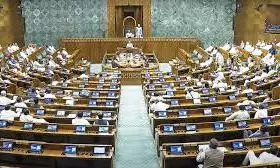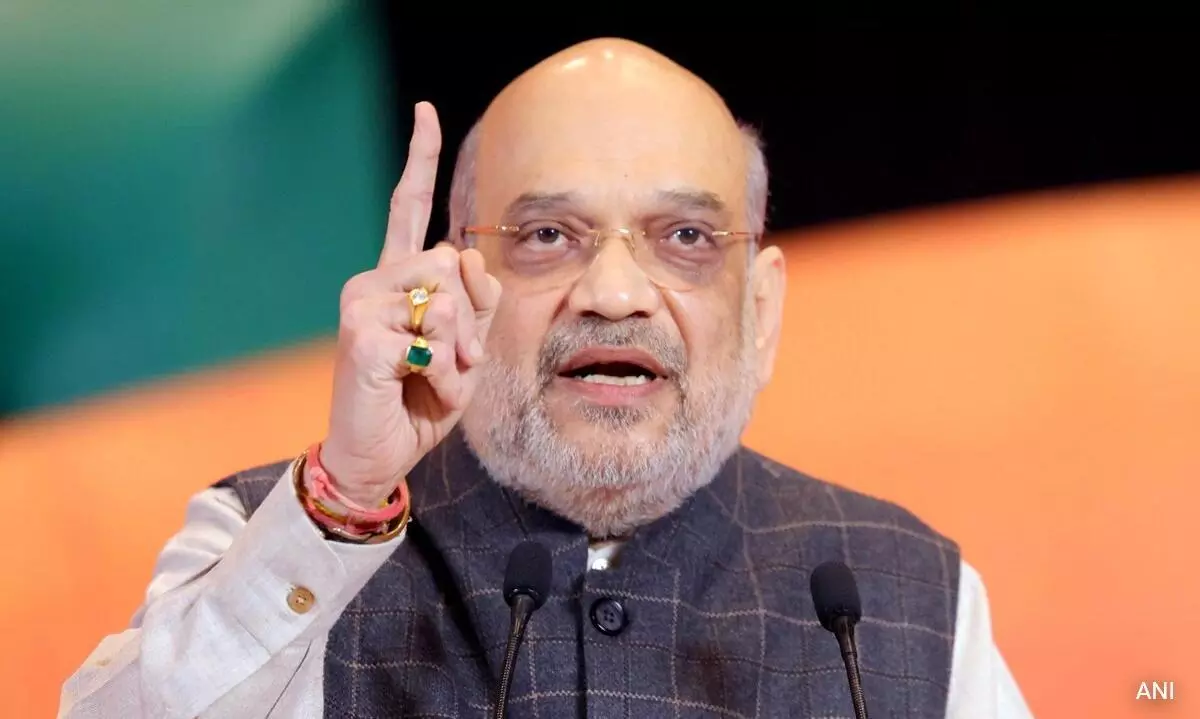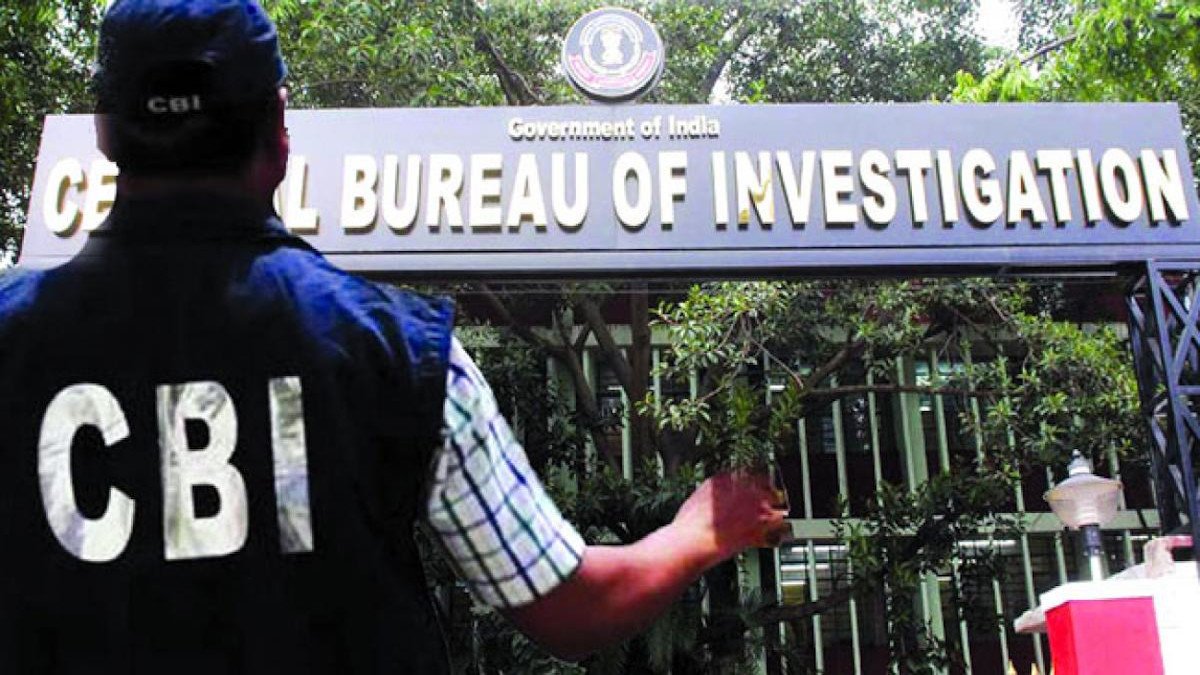
Preparing for a new war to kill democracy
text_fieldsUnion Home Minister Amit Shah has introduced the 130th Constitution Amendment Bill along with two related Bills in the Lok Sabha, which are expected to have significant implications for the country’s democratic framework. Amid strong protests, it was decided to refer the Bills to a Joint Parliamentary Committee (JPC), and the committee’s report is scheduled to be presented during the Parliament session beginning in November. The controversial amendment proposes that if any minister, including a CM or the PM, is arrested and remains in custody for 30 straight days for an offence punishable by five years or more in jail, he will automatically lose his office on the 31st day. The Home Minister defended the Bill, stating that the aim of the amendment is to bring greater ethics and morality into politics. However, the Opposition has strongly alleged that the BJP’s true intention behind the bill is to use central investigative agencies to jail political rivals, thereby destabilising governments and undermining democracy. They argue that the bill, which was introduced in violation of established rules and procedures, is part of a larger strategy to divert public attention from the widely discussed vote theft row.
Under normal circumstances, legislation aimed at eliminating criminal activities from politics would have been hailed as a historic and courageous move. However, the Opposition contends that the lack of genuine intent and the inclusion of provisions deemed dangerous make both the introduction of the bill and its contents deeply concerning. Typically, constitutional amendments, especially on matters of such significance, are introduced in the Lok Sabha only after extensive discussions, exchange of ideas, and the crystallisation of some common public viewpoints. According to parliamentary rules, a copy of any amendment Bill must be circulated to all MPs at least two days in advance. Thus the potential implications of each provision are usually debated in depth even before the Bill is referred to the Joint Parliamentary Committee (JPC). However, Home Minister Amit Shah has bypassed these democratic norms and procedures, pushing the Bill forward under the banner of “political morality". Critics argue that, given the current political climate and the balance of power in both the Lok Sabha and Rajya Sabha, the bill is unlikely to get easy passage in the houses. They allege that the hurried move is intended to divert public attention from the recently exposed vote theft scandal and to create a new narrative through pro-government media channels. Moreover, critics believe that the Bill could also be used to intimidate and weaken political opponents ahead of the upcoming state assembly elections. Under the Bharatiya Nyaya Sanhita (BNS) 2023 alone, out of its 358 sections, nearly 181 carry punishments of five years or more. When combined with special and local laws, the number of such sections increases significantly. According to 2022 statistics, about 76% of prisoners in India are undertrial detainees — individuals awaiting trial rather than serving sentences. The trial process itself is notoriously slow and often unbearably prolonged. Moreover, the misuse of investigative agencies has been a persistent concern, with the Supreme Court repeatedly highlighting such issues.
In fact, on May 22, Chief Justice B.R. Gavai openly criticised the Enforcement Directorate (ED), stating that the agency had “crossed all limits” in its actions. In 2024, while granting bail to Arvind Kejriwal, the Supreme Court once again reminded the CBI to shed its image of being a “caged parrot” and a mouthpiece of political masters. Over the last 10 years, the Enforcement Directorate (ED) registered 193 cases against politicians, but only two were convicted. Notably, 138 of these cases were filed in the last five years alone. These figures and recent experiences reinforce the concern that investigative agencies have turned into tools of political vendetta. That is why there is concern that this amendment will become a sharp tool in the ruling party's arsenal. Using legislative reforms and constitutional amendments as instruments to erode the spirit of democracy is deeply disturbing and unacceptable. Nowadays, legislative reforms seem to reflect the interests of power rather than principles of justice. Laws increasingly appear to be designed to enable rights violations and the excessive use of authority, leaving the country’s federal structure and democracy gasping for breath. The bill introduced by Amit Shah in the Lok Sabha, critics argue, hands over unchecked powers to the Centre. If the Union government and the Enforcement Directorate decide, they could potentially topple any cabinet across the country. This proposed amendment, therefore, risks transforming the system into a breeding ground for political instability and power-trading deals. Given its dangerous implications and the potential suppression of citizens’ rights, this amendment should be scrutinised both inside and outside Parliament. Those who wish to preserve the last remnants of democracy must stand up and oppose.





















